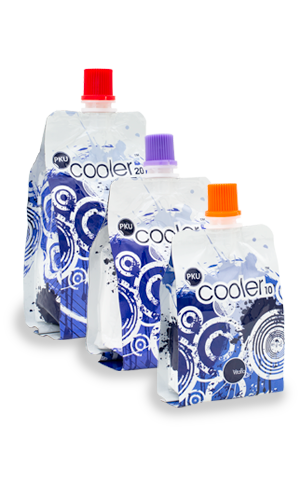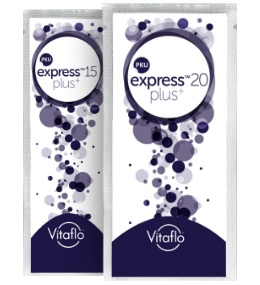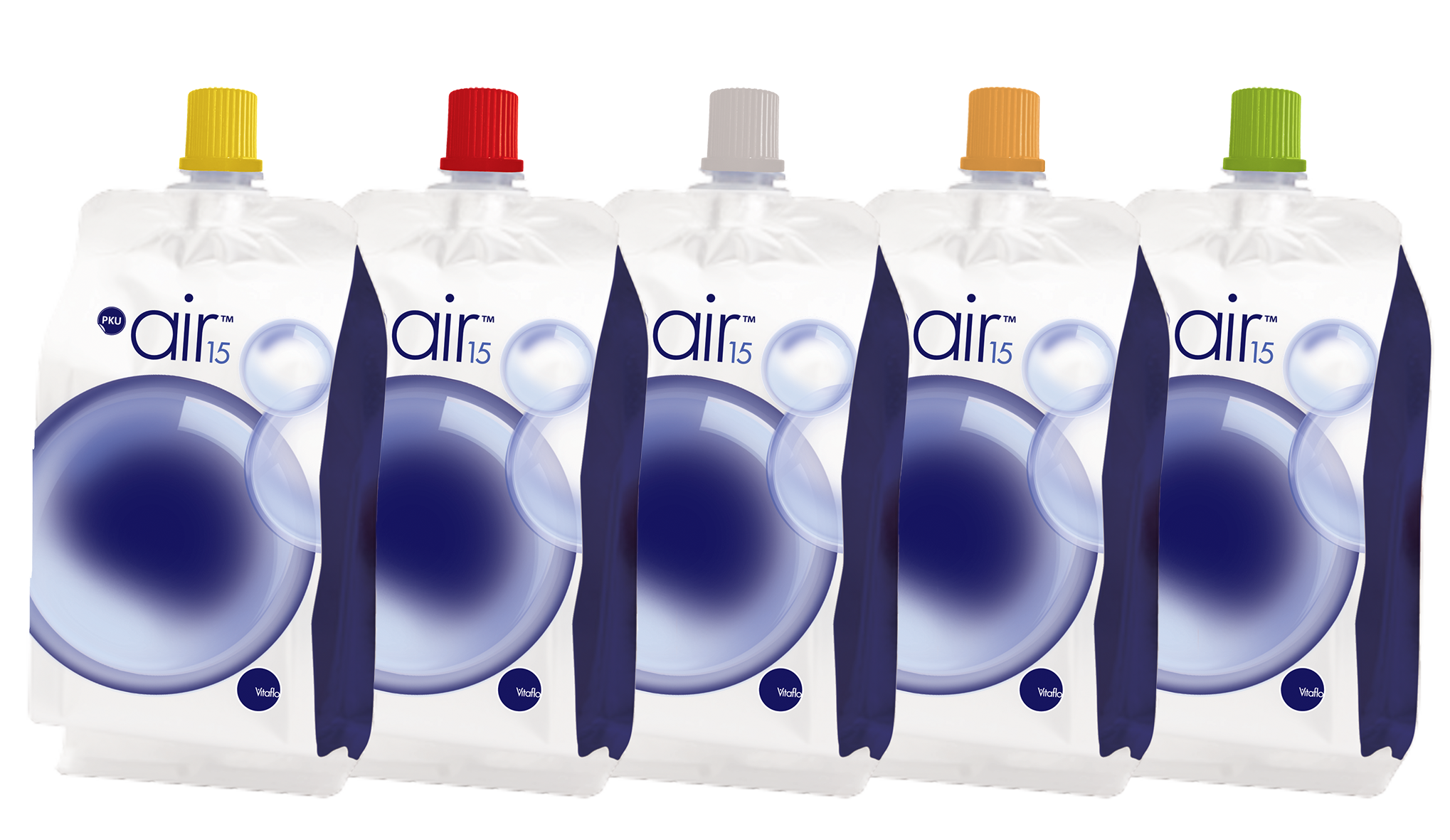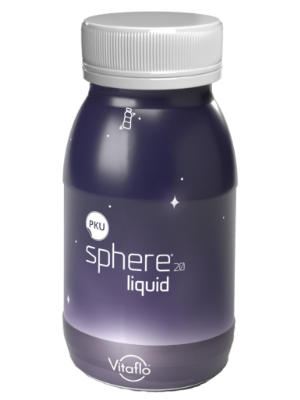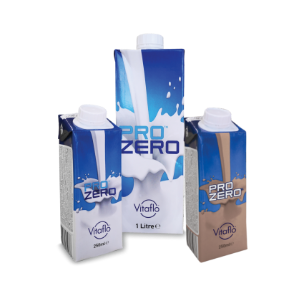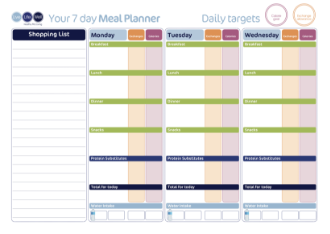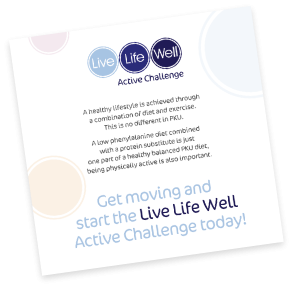Plan your meals for the week. You are more likely to succeed if you set out what you intend to eat in advance.
.header--strip-label { padding-top: 100px!important; }
Use the shopping list space on your meal planner to write down any ingredients you need to buy. You can take it with you or take a photo on your phone so you don’t forget what you need when you are out shopping.
You can make it easier by choosing to batch cook dishes to save you time preparing meals in the week. Most recipes contains more than one portion but for those that don’t.... simply double or triple up the recipe, split the batch into airtight containers, refrigerate and use the following day.
Chopping vegetables and storing them in air-tight containers in your fridge can save preparation time through the week. They’re also ready to snack on if you get hungry.
Drinking enough fluid is important for everybody but it’s sometimes easy to forget if you’re having a busy day. Buy a reusable water bottle to keep on your desk at work or college so a drink is always within reach.
Take your protein substitute alongside your meal. Your protein substitute is designed to contain the protein, vitamins and minerals that you would usually be in foods such as eggs, meat and fish which you are excluding from your diet. Think of it as an extension to your plate!
Make sure you reach your calorie goal set by your dietitian. It’s important you don’t eat less than this as it may influence your phenylalanine levels if you are not eating enough.
Don’t forget that healthy PKU living means being active. You don’t have to run a marathon or spend hours in the gym but you should at least be walking 10,000 steps a day. Record your activity on your planner.
Remember to add up the number of calories and exchanges you’ve consumed at the end of each day.
